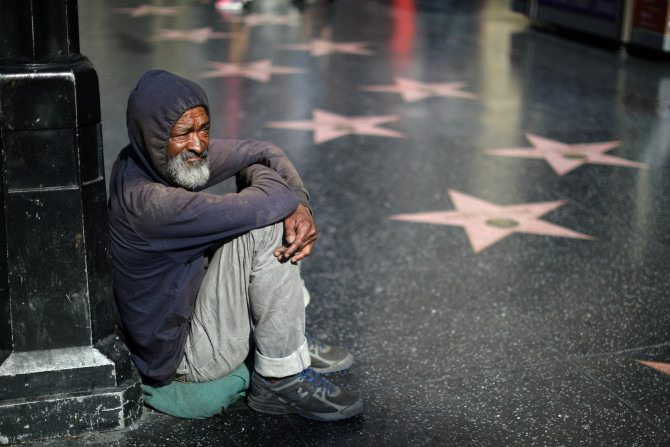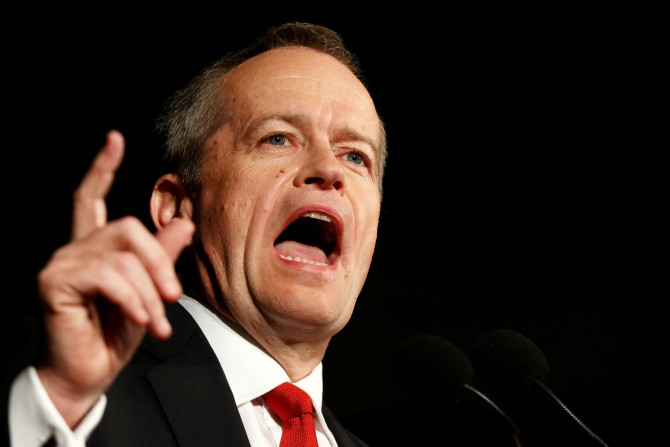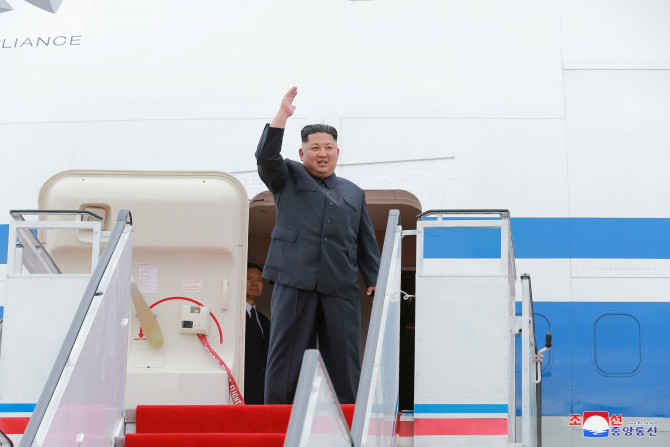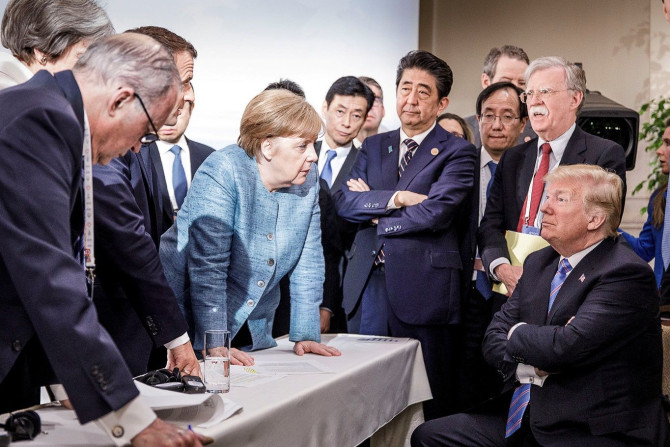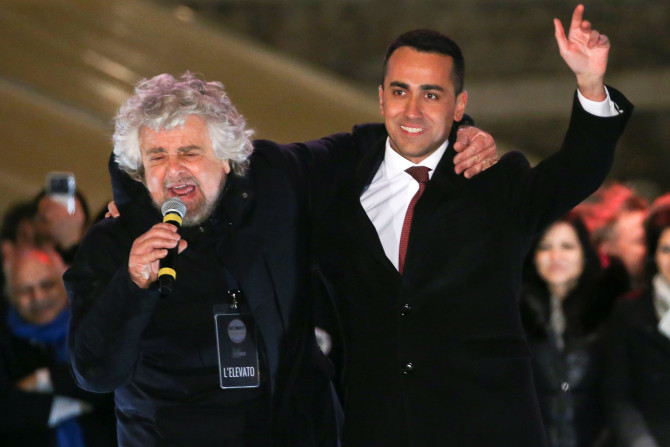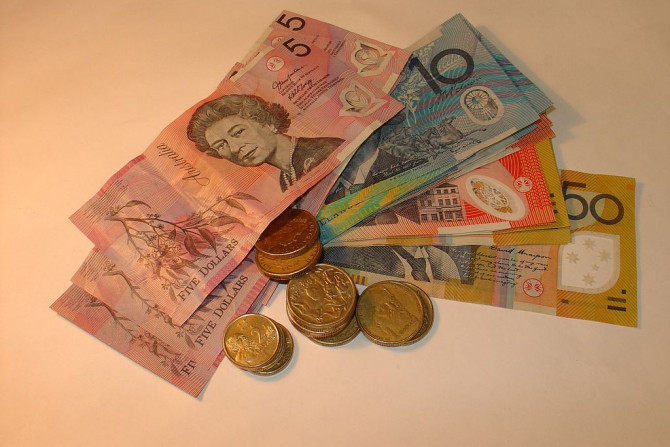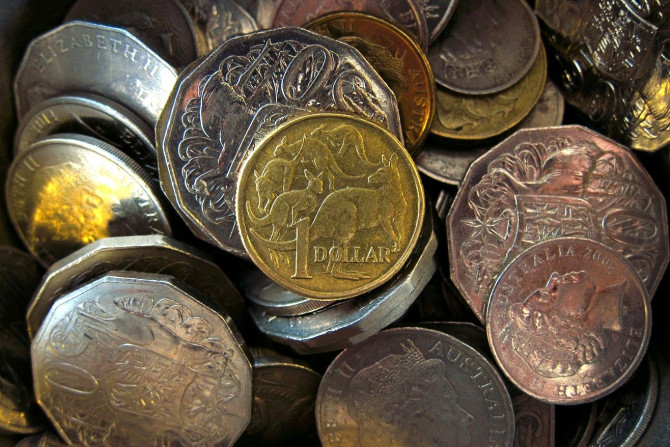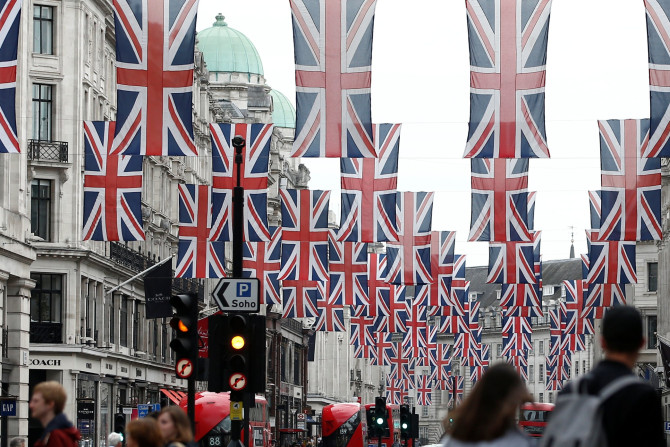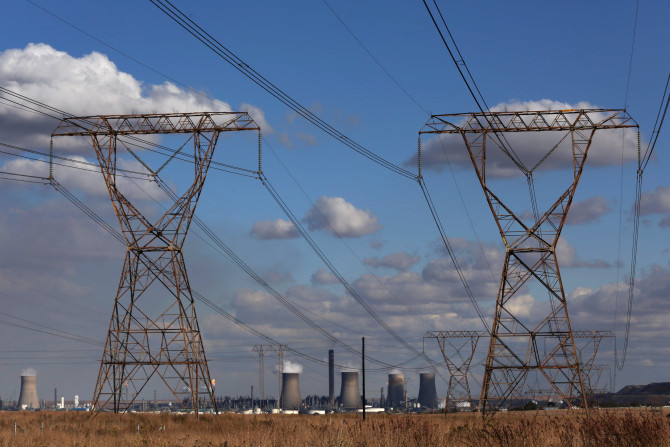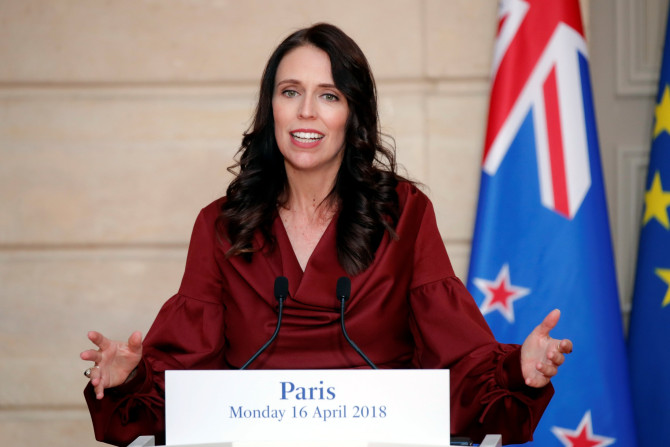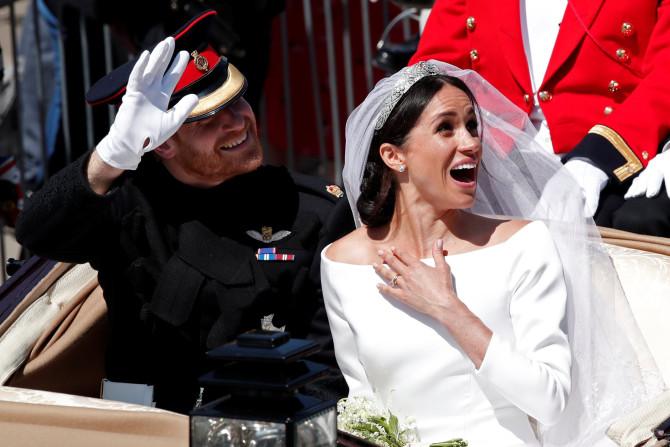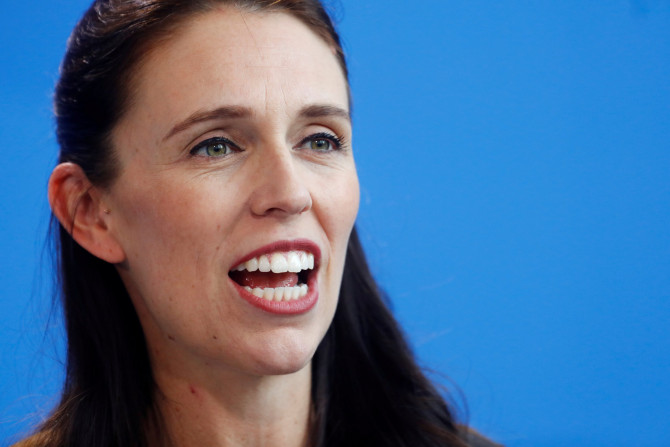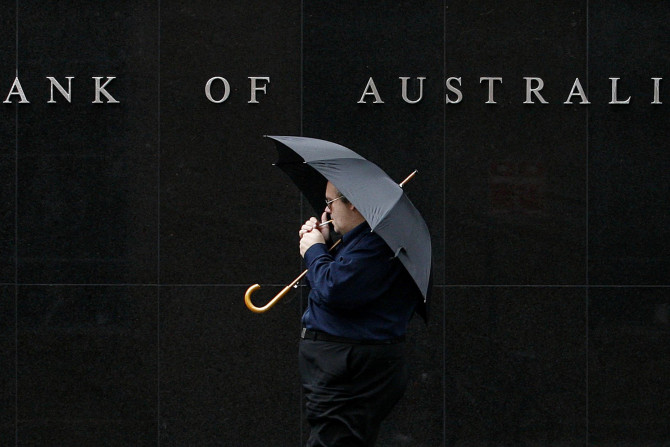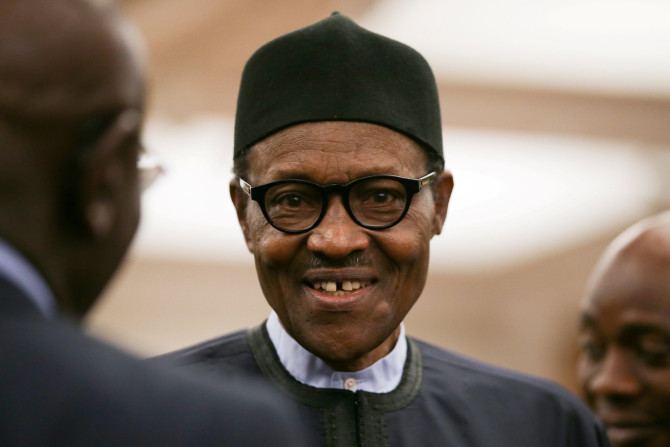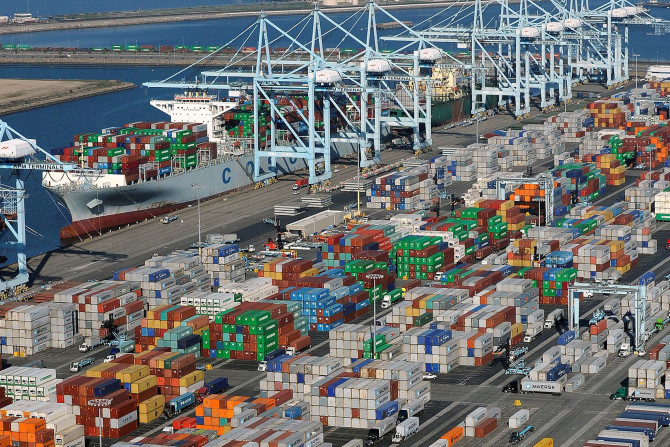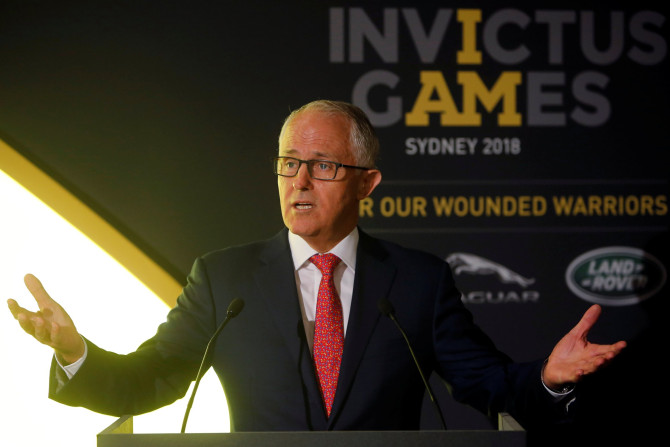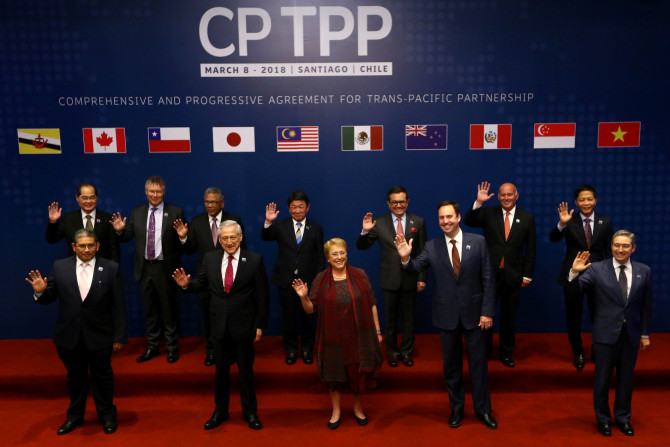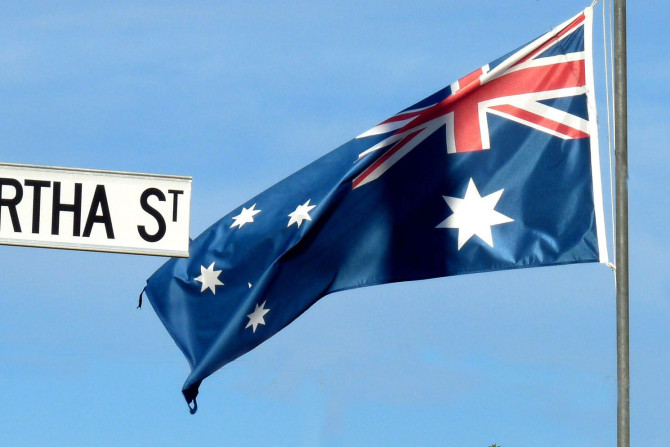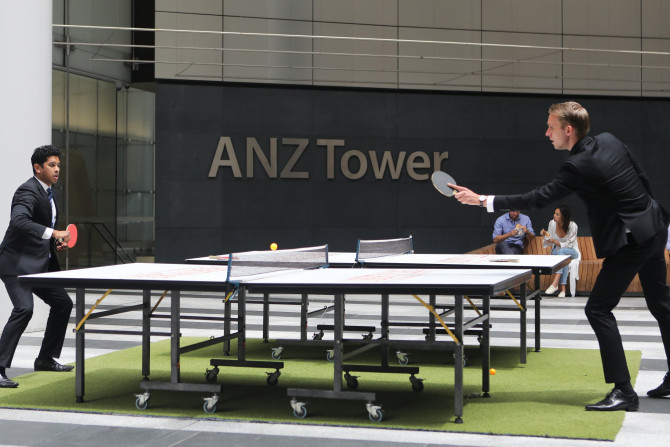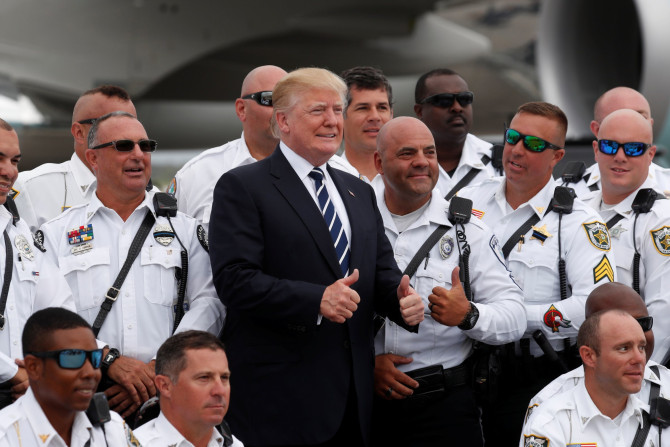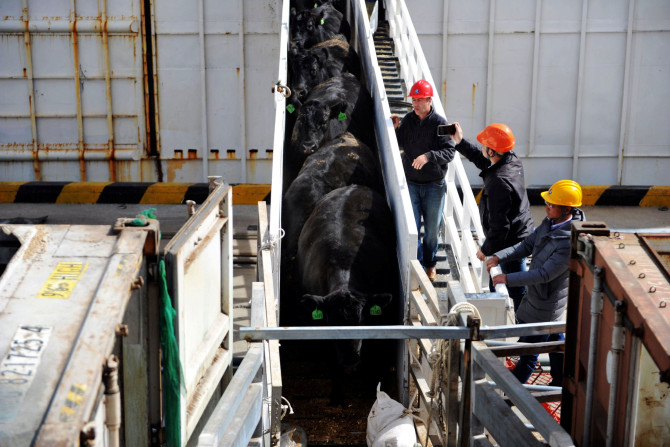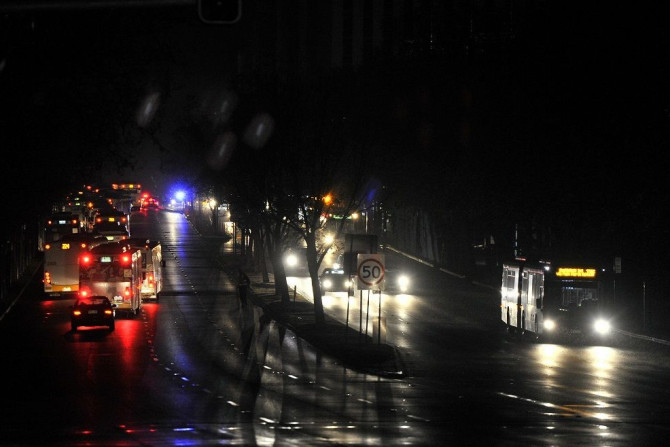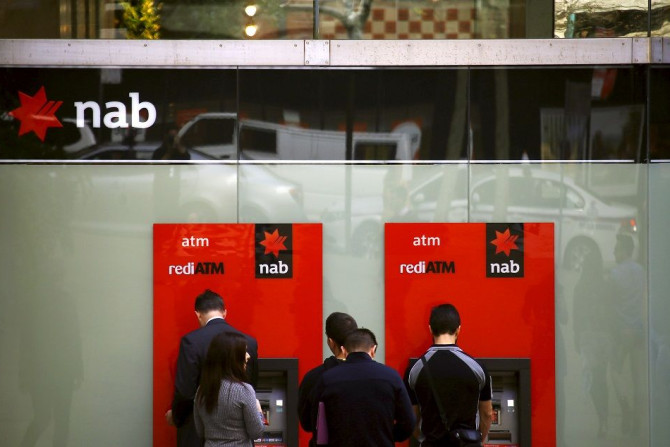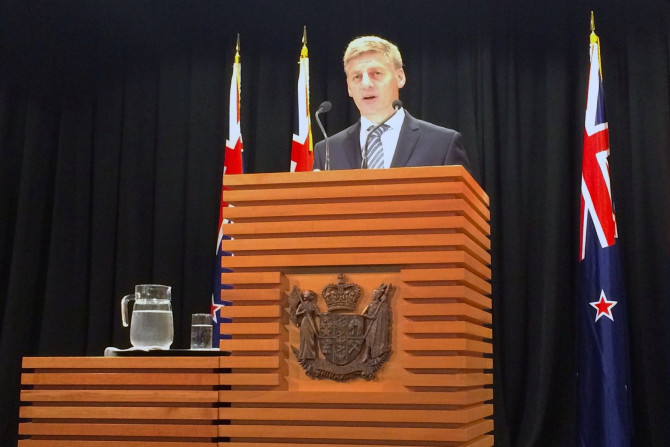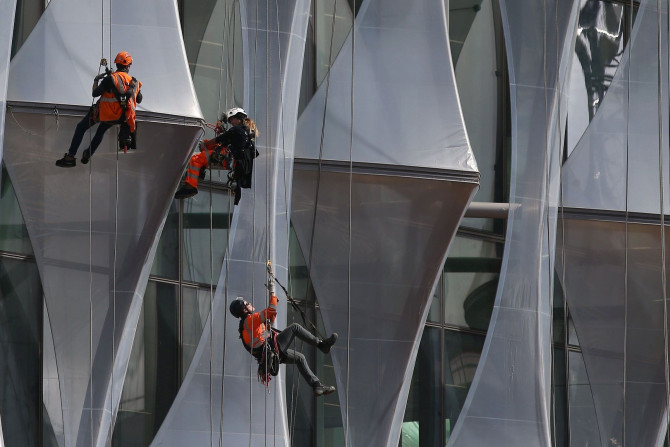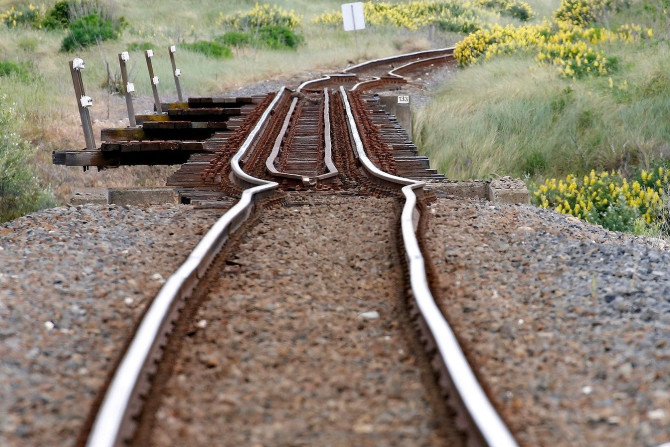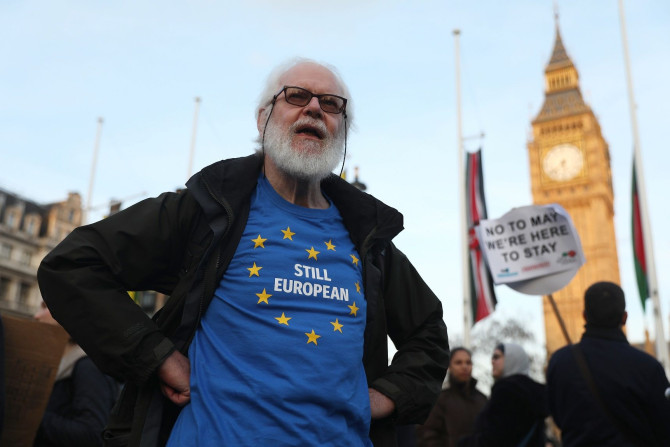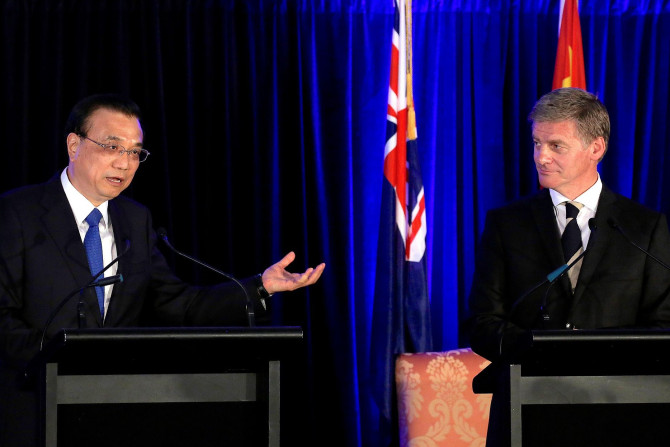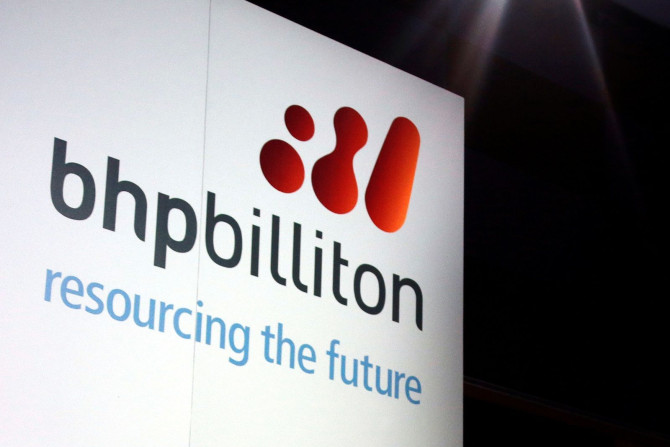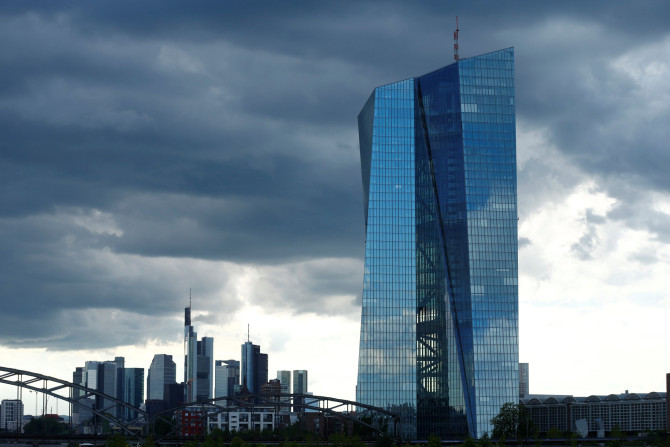Bill Shorten has said a Labor government would repeal already-legislated tax cuts for companies with an annual turnover between A$10 million and $50 million, but left its position up in the air for those between $2 million-$10 million.
US President Donald Trump and North Korean Leader Kim Jong-un will meet on Tuesday for their highly anticipated summit in Singapore. For the summit to be productive, the negotiations need to converge on a lowest-common-denominator shared interest that both parties can agree on.
With many of the Trump administration’s recent decisions running directly counter to the other members’ interests, the summit promises to be tense. Here’s what each member state hopes to get from it.
The results of Italy’s general election on March 4 were problematic. We are now in another full-scale European crisis.
Does the Coalition’s tax plan favour high earners over those with lower incomes?
The Fair Work Commission cited strong economic forecast in setting the new minimum wage at $18.93 per hour or $719.20 per week.
“Britain has the most liberal attitude towards migration of any European country. And that followed the Brexit vote.”
South Africa’s machinery and equipment industries have recently come under huge pressure. Falling demand after the 2008 financial crisis and rising energy costs have harmed the sector.
New Zealand’s Labour-led coalition government used its first budget to drive step changes in social and environmental outcomes. The investment approach to public policy has become the new orthodoxy for governance.
The cost Prince Harry and Meghan Markle’s nuptials on May 19 2018 has been estimated at £32m by one wedding planning company. The cost to the public, however, will be far less than his brother William’s marriage to Catherine in 2011, largely because this brought with it a bank holiday.
Labour campaigned hard on promises to boost health and education in particular, saying both sectors had been underfunded by the previous National government.
The Reserve Bank of Australia (RBA) is making an explicit trade-off between inflation and financial stability concerns. And this could be weighing on Australians’ wages.
Nigerian President Muhammadu Buhari’s visit this week to the Trump White House will be awkward. His host is a president who has referred to African states as “shithole countries.”
A global trade war is brewing as the U.S. and China slap tariffs on each other’s products. These actions have prompted significant concern and discussion about the wisdom of this action.
The government is scrapping its $A8.2 billion planned increase in the Medicare levy, declaring a stronger budget outlook means it is not needed to fund the National Disability Insurance Scheme.
The TPP was on track to become the world’s largest free trade zone by joining Pacific Rim countries that collectively produce about 40 percent of global economic output. But Trump railed against the accord.
Even though Australia has enjoyed 25 years of economic growth, many regional communities have either struggled to recover or never recovered from factory closures, declining commodity prices, or a drop in tourists.
Australians aged from 25 to 34 have actually enjoyed increases in their incomes compared to the population average. They have also done better than people the same age in other countries.
The happy case here is that Trump gets the message, doesn’t overreach, and stops threatening further US tariffs.
Australian firms are in a sweet spot between the bickering United States and China, where they can sell more and buy more cheaply because of weaker competition in both markets.
According to Finkel, his national energy plan could save households up to $90 a year and businesses even more.
One of Australia‘s most senior cyber crime investigators has warned that the country’s “critical infrastructure and systems of national significance” are being targeted by international hackers.
The International Monetary Fund (IMF) has noted that the global economy has recovered in investment, manufacturing and trade.
Andrew Little, Leader of Labour Party, said that the country should rethink its current setting after an unprecedented influx of immigrants in New Zealand.
An updated report about underpaid superannuation has been handed to senate inquiry by former federal treasury director of the retirement income modelling taskforce Phil Gallagher.
Auckland Transport has announced that it needed up to 600 general workers to build the City Rail Link (CRL) when the construction peaks.
Brexit has divided the British people as it raised concerns in terms of the country's economy.
New Zealand Prime Minister Bill English and China's Premier Li Keqiang have announced that talks on upgrading the New Zealand-China Free Trade Agreement would begin on Anzac Day.
BHP Billiton CFO Peter Beaven is pushing for a cut in company tax, which he said will lead to an increase in investment, employment and tax revenue. Beaven’s comments came during the Australian Financial Review’s Business Summit, held in Sydney on Thursday.
The European Central Bank is expected to maintain dovish on its interest rate, but also maintain lower inflation target despite meeting the inflation target in February.


